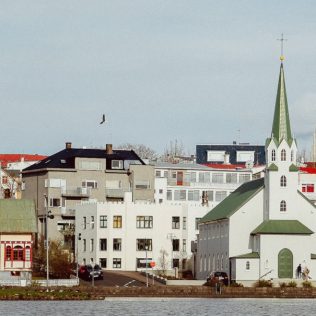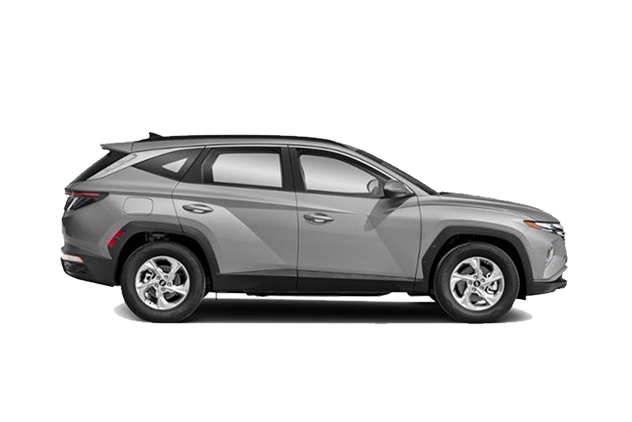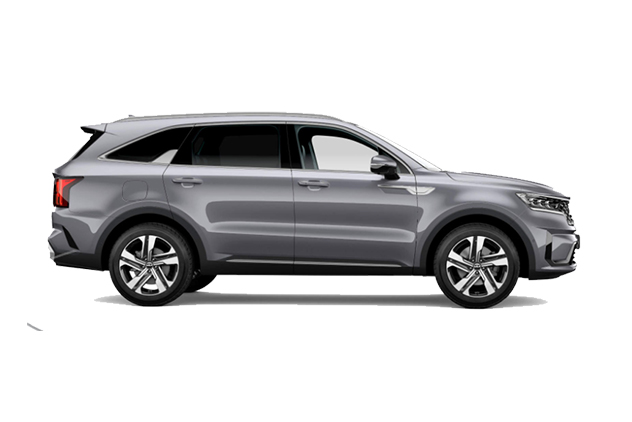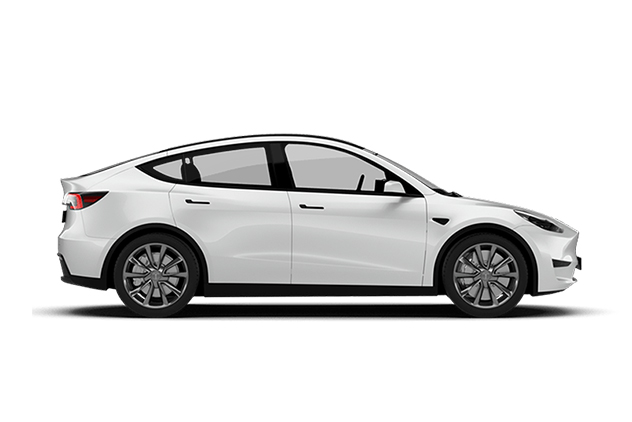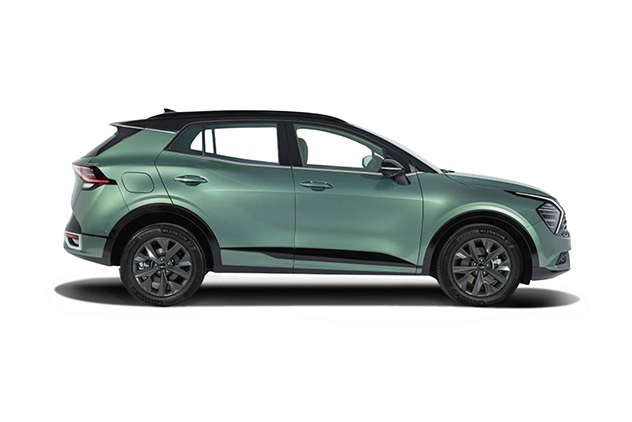Iceland is a small island country in the North Atlantic, known for its stunning natural beauty, including glaciers, volcanos, and waterfalls. The population of Iceland as of 2024 June is 386,970, with immigrants making up around 19% of the population. The majority of people in Iceland live in the capital, Reykjavik, and the surrounding areas.
Living in Iceland can be both challenging and rewarding. The cost of living is relatively high, especially when it comes to housing, food, and transportation. However, Iceland also has a high standard of living, with excellent healthcare and education systems, a low crime rate, and a strong social safety net. If you are in love with Iceland after visiting this country, considering living in Iceland or moving to Iceland, this blog might give you some insight into what it is like living in Iceland.
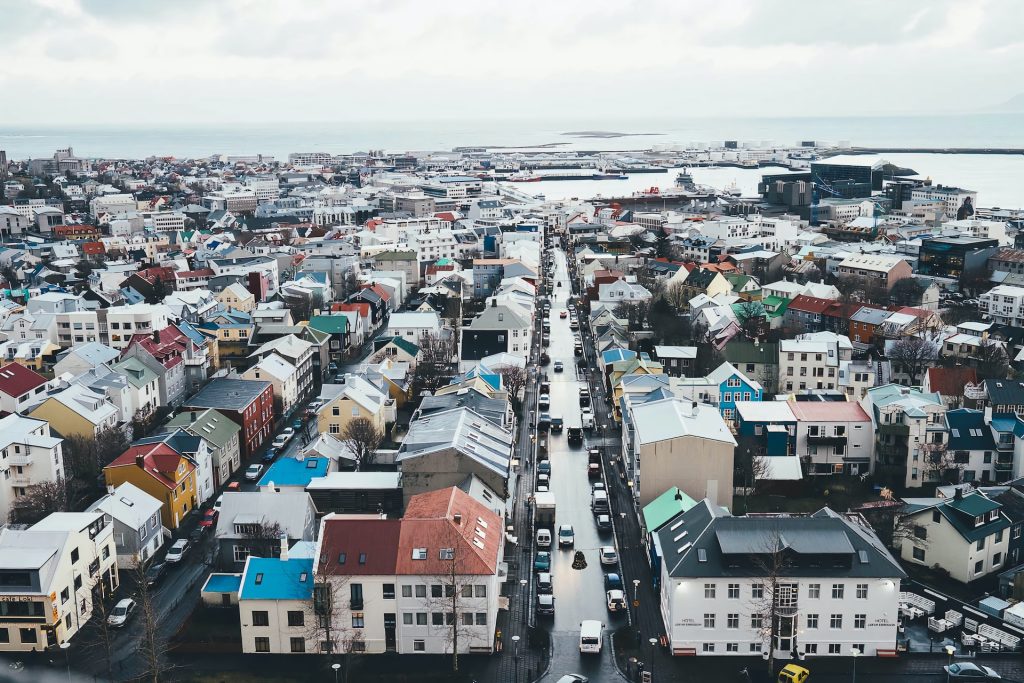
What is it like living in Iceland?
Living in Iceland is often considered highly desirable due to its exceptional quality of life, safety, and overall happiness. Iceland consistently ranks among the top countries globally in these areas. The nation offers a high standard of living, bolstered by excellent healthcare and education systems that are accessible to all residents. Additionally, Iceland’s clean and healthy environment, characterized by its fresh air and pristine landscapes, contributes to the overall well-being of its inhabitants.
The country’s economy is strong, providing stability and opportunities for growth. Iceland also boasts a vibrant cultural scene, with a rich heritage in music, literature, and the arts. Festivals, concerts, and exhibitions are common, making it an exciting place for those interested in culture and the arts.
Outdoor enthusiasts will find Iceland to be a paradise. The country offers a plethora of activities such as hiking through its stunning landscapes, skiing on its snowy slopes, and swimming in its natural geothermal hot springs. The unique geological features of Iceland, including volcanoes, glaciers, and waterfalls, provide endless exploration opportunities.
Iceland is known for its low crime rate and welcoming, friendly population, which adds to the sense of safety and community. However, it’s important to note that the cost of living in Iceland is relatively high. This high cost is one of the main factors that can deter people from moving to Iceland despite its many attractions. Everyday expenses, including housing, food, and transportation, can be significantly higher than in many other countries.
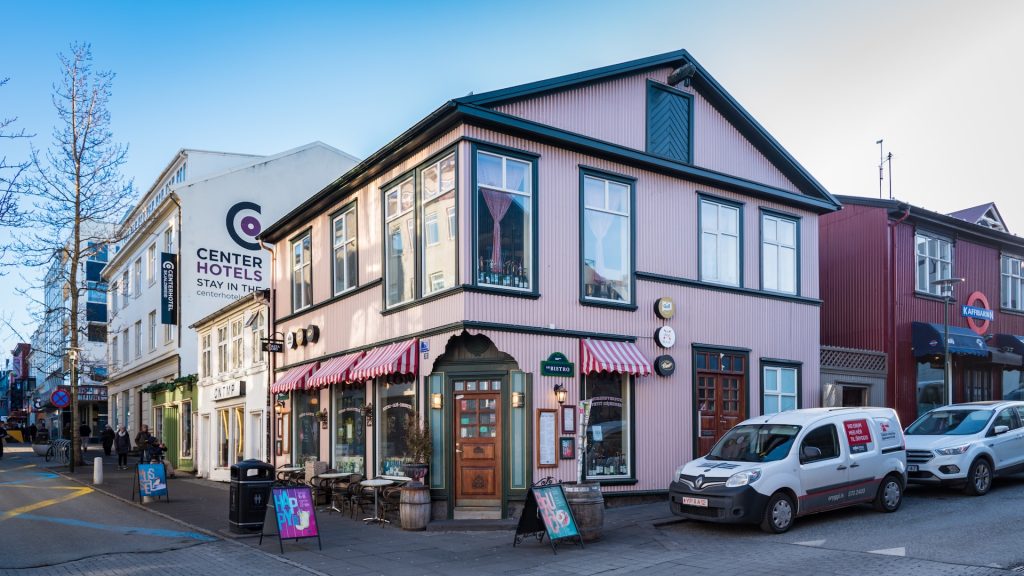
Cost of Living in Iceland: high
There are several reasons why the cost of living in Iceland is high. Iceland is a small island country with a small population, making imported goods and services relatively expensive. The country’s remote location and harsh climate also contribute to higher prices, as transporting goods to and from the island can be difficult and costly.
Iceland also has a high standard of living and a well-developed welfare system, which requires a higher tax burden on residents and businesses. This means that prices for goods and services in Iceland are generally higher than in other countries. Finally, Iceland’s tourism industry has boomed in recent years, which has driven up prices for accommodation, dining, and activities as demand has increased. We summarised some cost of living in Iceland for your reference:
Average monthly salary in Iceland
The average monthly salary of a working person in Iceland is approximately 690,000 Icelandic krona (ISK), which is around 4,890 USD or 4,610 EUR before tax. Salaries in Iceland can vary significantly, ranging from as low as 174,000 ISK (about 1,230 USD or 1,162 EUR) to as high as 3,070,000 ISK (roughly 21,750 USD or 20,510 EUR). The actual monthly earnings of an individual heavily depend on their education level, industry, and experience.
However, it is essential to consider Iceland’s high-income tax rates, which can substantially impact take-home pay. The progressive tax system means that higher earners will see a larger percentage of their income taxed, supporting the country’s robust social services and high quality of life.
Tax System and High Income Tax in Iceland
Iceland’s tax system is progressive, with higher income earners paying a higher percentage of their earnings in taxes. As of 2024, the personal income tax in Iceland is divided into three brackets:
- 31.48% on income up to 446,136 ISK per month.
- 37.98% on income between 446,136 ISK and 1,252,501 ISK per month.
- 46.28% on income exceeding 1,252,501 ISK per month.
These rates include both national and municipal taxes, which can vary slightly depending on the municipality. Each individual is entitled to a personal tax credit of 53,895 ISK per month, which helps reduce the tax burden. Unused tax credits can be transferred to a spouse.
In addition to income tax, Iceland imposes a capital gains tax of 22%, and corporate income is taxed at 20% for limited liability companies. Employees must also contribute 4% of their gross income to a mandatory pension fund, with employers contributing an additional 8%.
Despite the high tax rates, Iceland offers extensive public services, a high standard of living, and strong social support systems, funded by these tax revenues. High earners contribute significantly, but the benefits of living in Iceland, including excellent healthcare, education, and social welfare programs, often outweigh the financial burden.
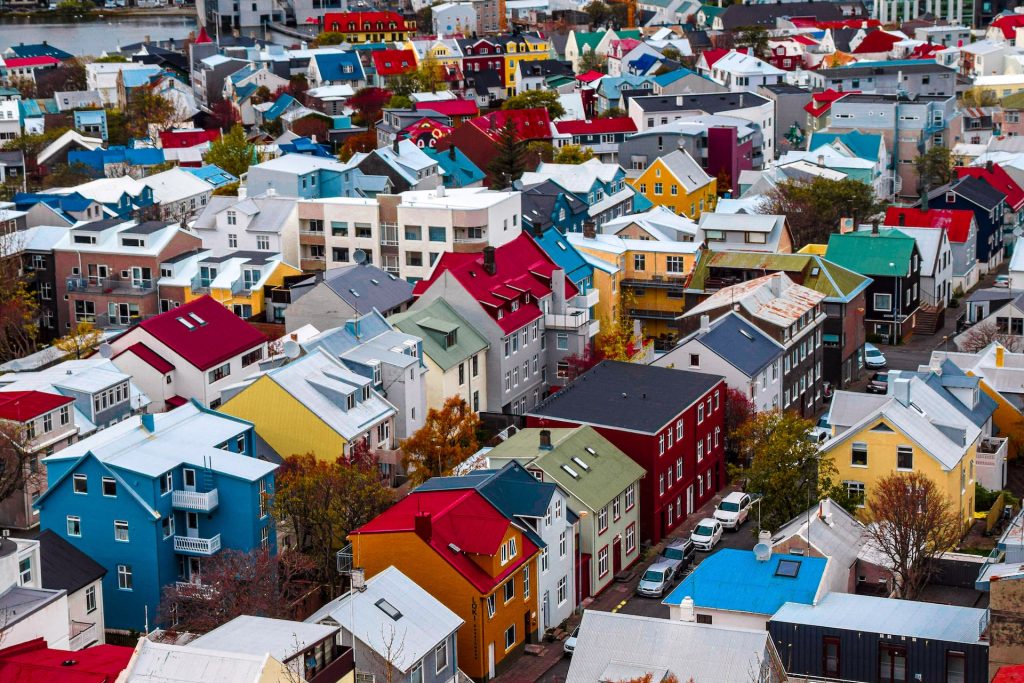
Housing rental average price in Iceland
Housing costs in Iceland can vary significantly depending on the location and type of accommodation. Here’s a breakdown of rental prices:
- Reykjavik (Expensive Area):
- 1-bedroom apartment: 246,021 ISK (€1,820)
- 3-bedroom apartment: 340,925 ISK (€2,530)
- Reykjavik (Normal Area):
- 1-bedroom apartment: 172,813 ISK (€1,280)
- 3-bedroom apartment: 283,042 ISK (€2,100)
- Akureyri:
- 1-bedroom apartment in the city center: 588.21 ISK (€400)
- 3-bedroom apartment in the city center: 1,096.93 ISK (€1,200)
- 1-bedroom apartment outside the city center: 454.40 ISK (€300)
- 3-bedroom apartment outside the city center: 918.08 ISK (€600)
Average food expenses in Iceland
Food is also quite expensive in Iceland, especially if you prefer to eat out:
- Cheap fast-food meal per person: ≈ 2000 ISK (15 USD/ 13 EUR)
- Cheapest small Domino Pizza ≈ 2500 ISK (18 USD/ 17 EUR)
- Dinner at a regular restaurant per person≈ 5000 ISK (35 USD/ 33 EUR)
- Dinner at a finer restaurant per person≈ 7-8000 ISK (50-57 USD/ 47-53 EUR)
If you are willing to cook at home and shop at local grocery stores, you can save money; here is a food price average from grocery stores in Iceland:
- 1L Milk ≈ 200 ISK (1.5 USD/ 1.3 EUR)
- 1L fruits (apple/organe/banana) ≈ 300 -500 ISK (2.1-3.6 USD/ 2- 3.3 EUR)
- 12 eggs≈ 700 ISK( 4.9 USD/ 5 EUR)
- 1 kg vege ≈ 5-900 ISK( 3.5-6.4 USD/ 3.5- 6 EUR)
- 1 kg potato ≈ 2-600 ISK(1.4-4.2 USD/ 1.3- 4 EUR)
- 1 kg Icelandic lamb ≈ 3000 ISK( 21.3 USD/ 20 EUR)
- 1 kg beef ≈ 4000 ISK( 28.5 USD/ 26 EUR)
- 1 kg pork ≈ 2000 ISK( 14.2 USD/ 13 EUR)
- 1 kg chicken ≈ 1000 ISK( 7.1 USD/ 7 EUR)
Average Transportation cost in Iceland
Transportation in Iceland can also be pricey, especially if you need to purchase a car. However, public transportation is available in Reykjavik and some other cities, and the monthly bus ticket for an adult is approx 4.500 ISK.
Iceland car rental options exist for those who want to explore the countryside, and the rental price depends heavily on the seasons and the length of the rental. Gasoline is also more expensive in Iceland than in many other countries; it is currently at 322 ISK (2 USD/ 2.2 EUR) per litre. You can check the live Gasoline price in Iceland on this website.
Other expenses in Iceland can include healthcare, insurance, and utilities. Healthcare is cheap for Icelandic citizens and residents; health Insurance is also required for anyone living in Iceland, and utility costs can vary depending on the size of your home and the time of year.

Healthcare and Education in Iceland
Healthcare in Iceland
Iceland boasts a comprehensive and efficient healthcare system, largely funded by the state. Residents enjoy access to a wide range of medical services, though there are costs associated with some aspects of care. General Practitioner (GP) visits typically cost around 1,000 ISK for insured patients, while emergency treatments can vary significantly in price, generally starting from 2,000 ISK. Iceland’s universal healthcare system ensures that most medical services are affordable, but it is essential to register as a resident to access these benefits. Registration grants individuals an ID number, which is necessary for receiving healthcare services.
However, dental care in Iceland is notably expensive compared to other medical services. Routine dental check-ups, procedures, and treatments can be a substantial financial burden, as dental care is not fully covered by the state. This high cost often leads residents to seek supplemental dental insurance or to pay out of pocket for significant dental work.
Education in Iceland
Iceland places a strong emphasis on education, providing high-quality schooling from primary levels through to university. Public education is generally free of charge for residents, including tuition at public universities such as the University of Iceland and the University of Akureyri. However, there is an application fee for these institutions, which typically amounts to around 45,000 ISK (approximately 300 EUR) per term.
Private universities, like Reykjavik University, charge tuition fees that can be significantly higher, particularly for international students. These fees can range from 1,426 EUR per term for EU/EEA citizens to around 4,162 EUR per term for non-EU/EEA students. Despite these costs, Iceland’s education system is renowned for its high standards and is an attractive option for both local and international students
Job Opportunities in Iceland
Iceland has a small but growing job market with various opportunities, but it would be relatively hard for foreigners outside of the EU, EEA, EFTA or the Faroe Islands to be able to work in Iceland, as it requires specific skills and professionalism to acquire a working permit in Iceland.
Some of the major industries in Iceland
Tourism significantly contributes to Iceland’s economy, with many job opportunities in hospitality, transportation, and tour operations. Fisheries have long been a mainstay of Iceland’s economy, with opportunities in fishing, fish processing, and related industries. Iceland is also rich in geothermal and hydropower energy, with job opportunities in energy production and related fields.
Iceland has been building a strong technology sector in recent years, with job opportunities in software development, gaming, and IT services. Additionally, there are opportunities in healthcare, education, and public service.
While Icelandic is the primary language, some companies operate in English and seek international talent. However, proficiency in Icelandic may be required for certain positions, particularly those in the public sector.
Work Visas and permits in Iceland
If you are of foreign origin, you must apply for a resident permit and work visa before working and living in Iceland. For more detail, you can refer to Iceland immigration office website and directorate of labour and get more information.
Is Iceland expensive to live?
Yes, it is. As detailly explained,the cost of living is high, particularly in Reykjavik, the capital. This includes housing, groceries, dining out, and utilities. Importing goods to the island nation adds to the expense, and the limited local agricultural output means higher prices for many food items. Additionally, services such as healthcare and education, while high-quality, also come with higher costs compared to many other countries.

Living in Iceland Pros and Cons
Living in Iceland has its own set of pros and cons that potential residents should consider before making a move:
| Pros | Cons |
| Safe place to live Endless Natural beauty High standard of living Unique culture Wide range of Outdoor activities Clean Environment | High cost of living Limited job market to foreigners outside of EU/EEA/EFTA or the Faroe Islands Harsh weather a possible feeling of Isolation Language barrier High Dental Care Costs |
Pros of living in Iceland
- Safety: Iceland is considered one of the safest countries in the world, with low crime rates.
- Natural beauty: Iceland is renowned for its stunning natural landscapes, including glaciers, geysers, and waterfalls.
- High standard of living: Iceland has a high standard of living with good healthcare and education systems.
- Unique culture: Iceland has a rich cultural heritage with a unique language, music, and literature.
- Outdoor activities: Iceland offers a wide range of outdoor activities, such as hiking, skiing, and fishing
Cons of living in Iceland
- High cost of living: Iceland is one of the most expensive countries to live in, with high costs for food, housing, and transportation.
- Limited job market: The job market in Iceland is relatively small, and it may be difficult for foreigners to find work.
- Harsh weather: Iceland experiences cold and dark winters, with limited daylight hours, and unpredictable weather patterns.
- Isolation: Iceland is located far from other countries and can feel isolated, especially during the long winter months.
- Language barrier: Icelandic is the official language of Iceland, and while many Icelanders speak English, it can still be challenging for foreigners to navigate daily life without knowing the language.
- High Dental Care Costs: Dental care in Iceland is expensive compared to other medical services. Routine dental check-ups and treatments can be a significant financial burden, as they are not fully covered by the state healthcare system.
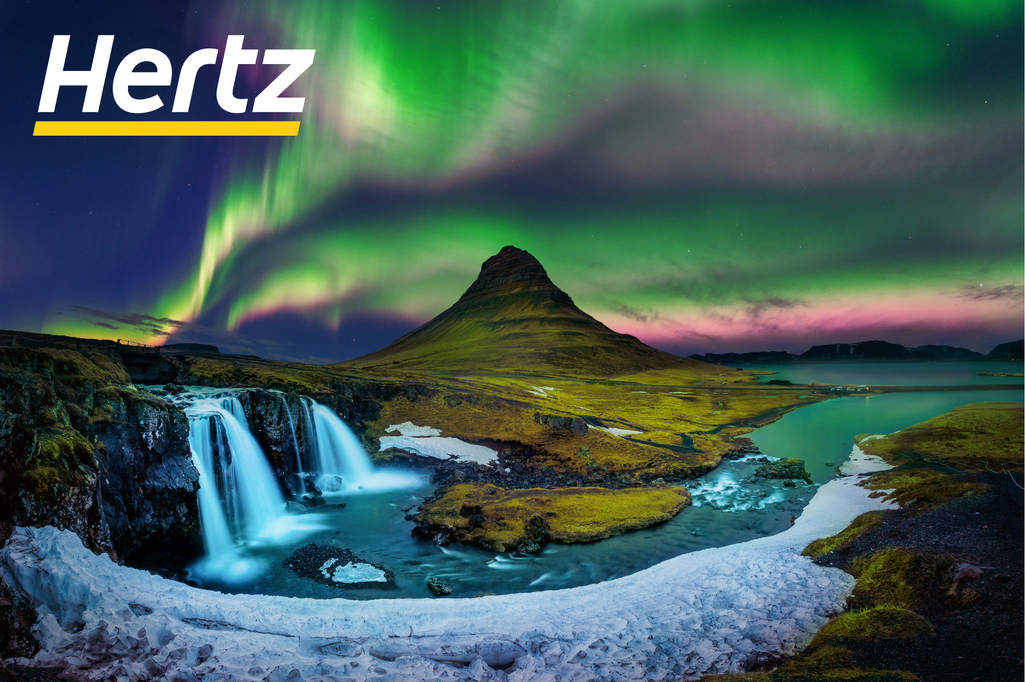
Living in Iceland: Pros and Cons
Living in Iceland can be a unique and rewarding experience. Iceland is known for its natural beauty, outdoor activities, and vibrant culture. The country offers a high quality of life with excellent healthcare, education, and social services. The population is small and close-knit, easily connecting with people and building strong relationships.
However, the cost of living in Iceland is relatively high, especially for imported goods, making it challenging to manage finances. The weather can also be unpredictable and harsh, especially during winter. Despite these challenges, Iceland’s unique culture, friendly people, and stunning landscapes make it a desirable place to live for many people.
